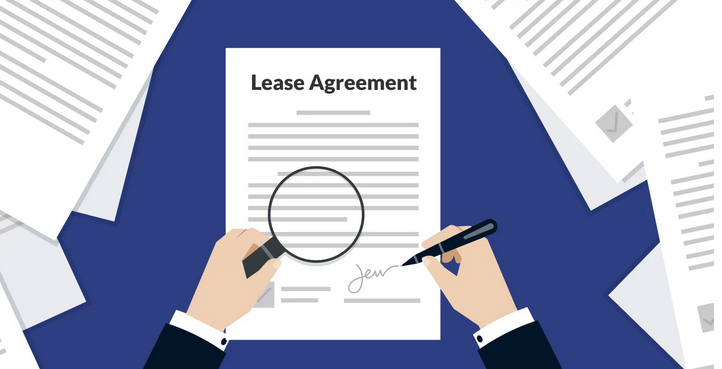Navigating Your Lease Agreement in Nebraska: What Renters Need to Know
A nebraska lease agreement is actually a legally binding commitment between a property owner as well as a tenant, setting out the stipulations for hiring a house. Here is what you must know:
1. Legal Requirements: In Nebraska, hire arrangements must adhere to status landlord-renter legal guidelines. These legal guidelines control troubles such as security deposits, rent payments increases, eviction processes, and renter proper rights. The two landlords and tenants should familiarize themselves with one of these regulations to guarantee their lease contract agreement is enforceable and honest.
2. Important Terminology: A nebraska residential lease agreement ought to include vital terms including the names from the landlord and renter, the hire property’s deal with, the length of the lease contract (e.g., 30 days-to-month or set phrase), the volume of rent payments, the because of particular date for rental monthly payments, and any late fees or fees and penalties for non-settlement.
3. Protection Deposit: Property owners in Nebraska are permitted to collect protection deposit from tenants to protect any injuries beyond typical deterioration. Even so, their state imposes limitations on the level of protection put in that property owners may charge. Typically, it cannot exceed one month’s lease for unfurnished properties a treadmill as well as a fifty percent month’s rent payments for equipped qualities.
4. Fixes and Routine maintenance: The lease contract deal should establish the duties of both the landlord along with the renter concerning improvements and servicing. Landlords are often in charge of maintaining the property’s habitability and ensuring that essential providers (e.g., heating, plumbing) will be in doing work order. Tenants are generally accountable for small maintenance and trying to keep the property neat and hygienic.
5. Termination and Eviction: The hire deal should describe the methods for termination and eviction, including discover times and reasons for eviction. In Nebraska, landlords must provide renters by using a composed notice well before terminating the rent or initiating eviction process, except in the event of non-payment of hire, illegal activities, or health risks.
6. Subleasing: Some hire contracts may include procedures concerning subleasing, permitting renters to rent out component or all of the property to a different one get together with the landlord’s authorization. Property owners might want to prohibit subleasing altogether or implement situations on sublease plans.
7. Legal Assistance: Because of the difficulty of lease arrangements along with the authorized ramifications engaged, it’s advisable both for property owners and renters to look for legal help prior to signing any papers. Consulting with a professional lawyer or attorney will help be sure that the lease contract deal is in accordance with status laws and safeguards the privileges and likes and dislikes of both parties.
To summarize, comprehending the crucial elements of a Nebraska residential lease agreement is very important for landlords and tenants. By familiarizing themselves with express regulations, which include important conditions within the rent deal, and trying to find legal direction when needed, each party can produce a honest and enforceable contract that describes their privileges and commitments.


